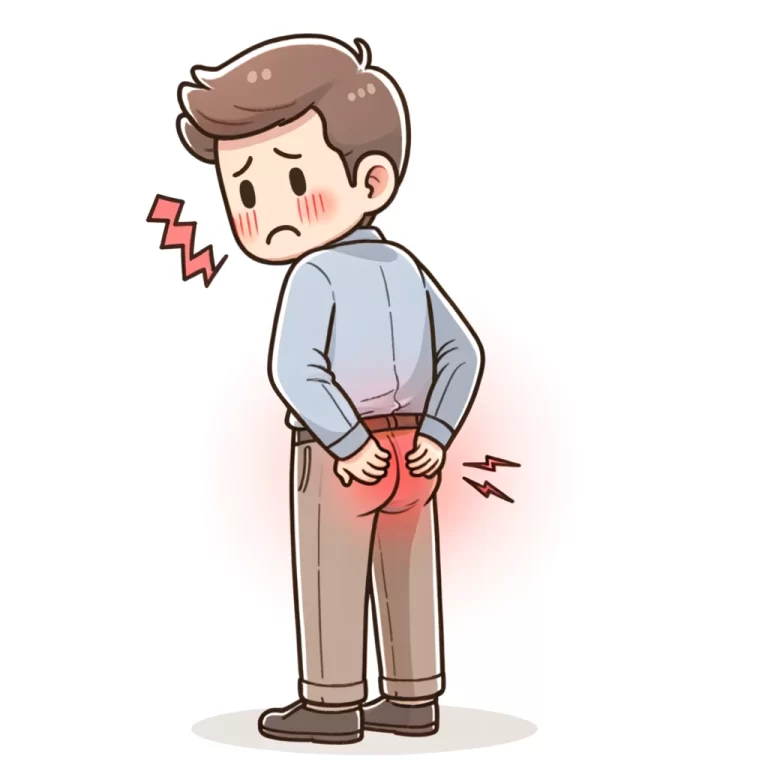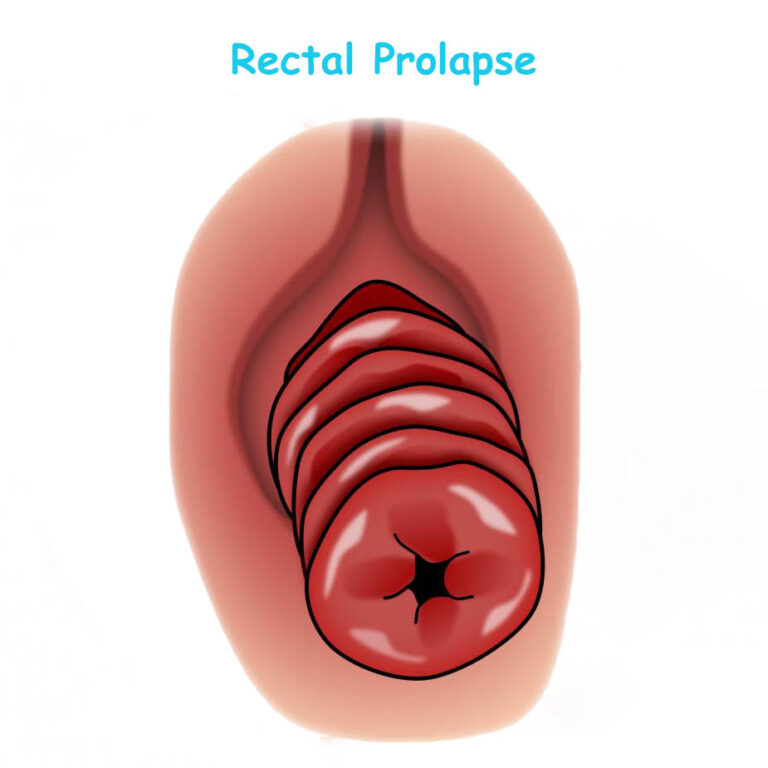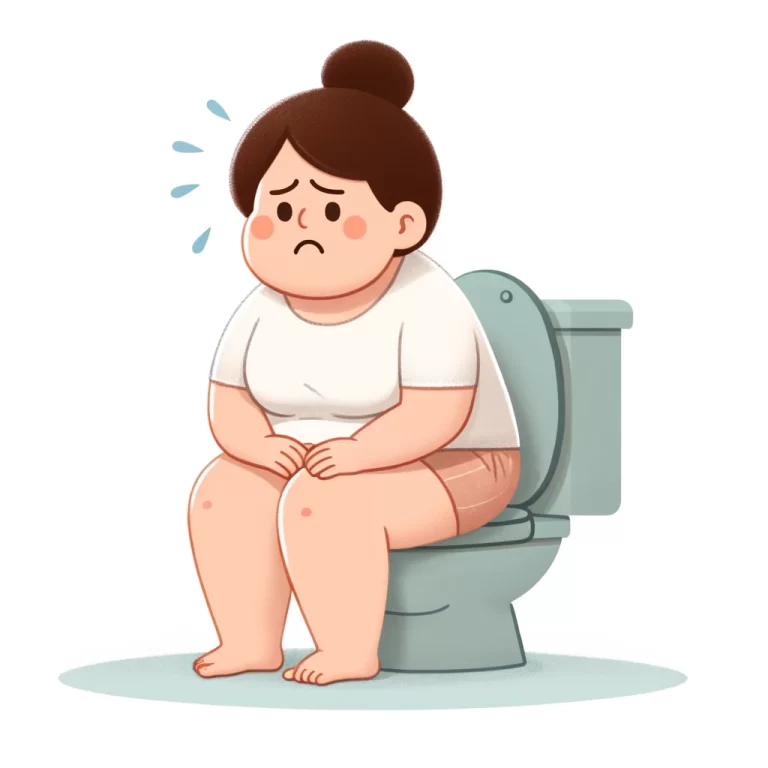My Anus is Bleeding: Understanding and Managing Rectal Bleeding
Rectal bleeding, commonly expressed as “my anus is bleeding,” can be a concerning symptom. It’s important to understand the potential causes and the steps you can take to manage this condition. In this blog post, we’ll explore the reasons behind rectal bleeding and discuss effective management strategies, including useful products.

Causes of Rectal Bleeding
- Hemorrhoids: Swollen blood vessels in or around the anus can bleed, especially during bowel movements.
- Anal Fissures: Small tears in the lining of the anus can cause bleeding and discomfort.
- Diverticulitis: Inflamed or infected pouches in the colon can result in bleeding.
- Colitis: Inflammation of the colon, often due to conditions like Crohn’s disease or ulcerative colitis, can lead to bleeding.
- Colon Polyps or Cancer: Abnormal growths in the colon or rectum can bleed. Regular screening is important for early detection.
Managing Rectal Bleeding
- Seek Medical Evaluation: It’s important to consult a healthcare professional for proper diagnosis and treatment, especially if the bleeding is recurrent or heavy.
- Stool Softeners: These can prevent straining during bowel movements, reducing the risk of hemorrhoids and anal fissures.
- High-Fiber Diet: A diet rich in fiber helps in forming soft stools, which are easier to pass and less likely to cause bleeding.
- Hydration: Adequate fluid intake is important to prevent constipation and reduce straining.
- Topical Treatments: Over-the-counter creams and ointments designed for hemorrhoids can reduce inflammation and discomfort.
Products to Help with Rectal Bleeding
- Witch Hazel Pads: These can provide relief from hemorrhoids and minor anal fissures.
- Sitz Baths: Sitting in warm water for 10-15 minutes can soothe irritation and help with healing.
- Medicated Creams: Hemorrhoidal creams with hydrocortisone can reduce swelling and pain.
- Hydrogel Pads: These can be applied to the affected area to provide cooling relief and protect against irritation.
When to See a Doctor
If you experience persistent or severe rectal bleeding, it’s crucial to seek medical attention. Additionally, if the bleeding is accompanied by symptoms like abdominal pain, weight loss, or changes in bowel habits, immediate medical evaluation is necessary.
Connect, Share, and Thrive: Join Our ‘Community’ Forum
If you’re looking for support or wish to share your experiences, our “Community” forum is here for you. A place where discussions on rectal health are open and empathetic, the forum offers a space to connect with others who understand your journey. Whether it’s seeking advice, sharing personal stories, or learning about care and treatments, our community is ready to welcome you. Join the conversation and find the support you need. Visit the ‘Community’ section in our menu to learn more and connect.
Conclusion
While “my anus is bleeding” can be an alarming symptom, understanding the potential causes and knowing how to manage it can help you seek the right treatment. Remember, timely medical intervention is key to addressing underlying causes and preventing complications.
Affiliate Disclosure: At www.rectalissues.com, we’re part of the Amazon Services LLC Associates Program and several other affiliate programs. This means we may earn a commission from qualifying purchases made through our links. These partnerships help us continue delivering valuable advice and product recommendations. Any product we suggest is one we truly believe in. Thanks so much for your support.





